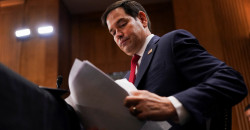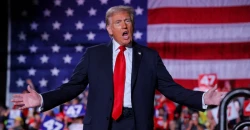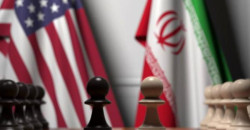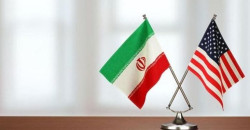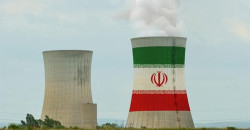Verbal clash: US and Allies vs. Iran and Russia over nuclear program expansion
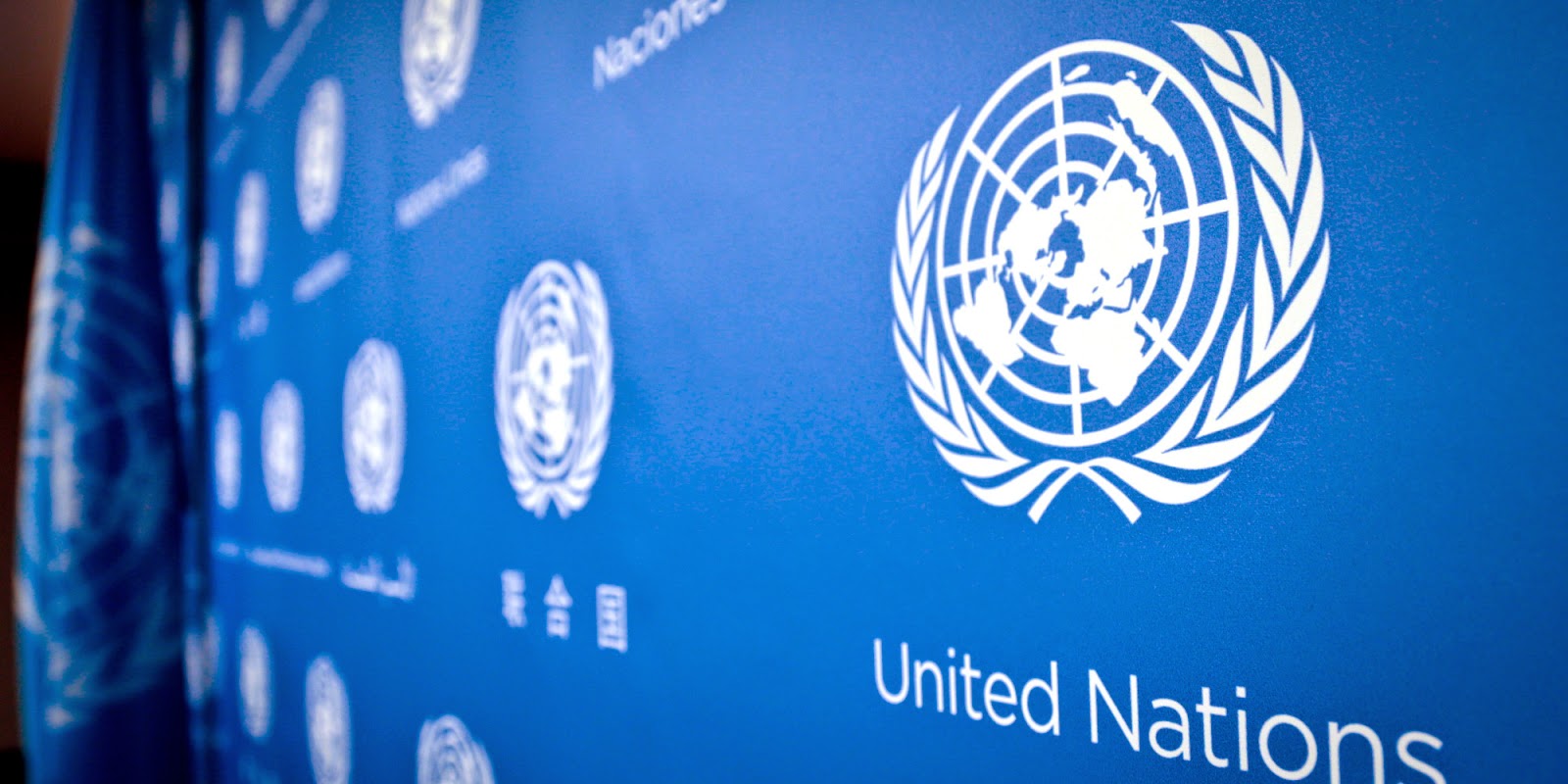
Shafaq News/ On Monday, the United States and its key European allies engaged in a heated debate with Iran and Russia regarding Tehran's expanding nuclear program at a UN Security Council meeting. The US pledged "to use all means necessary to prevent a nuclear-armed Iran."
The US, along with France, Britain, and Germany, accused Iran of significantly exceeding the nuclear activity limits set by a 2015 agreement designed to prevent Tehran from developing nuclear weapons. They also criticized Iran for its lack of cooperation with the International Atomic Energy Agency (IAEA).
Iran and Russia responded by accusing the US and its allies of continuing economic sanctions that were supposed to be lifted under the 2015 deal. They argued that Tehran's nuclear program is under continuous IAEA oversight.
The exchange occurred during a semi-annual meeting on the Joint Comprehensive Plan of Action (JCPOA), a nuclear deal involving Iran and six major powers: the US, Russia, China, Britain, France, and Germany. Under this agreement, Iran committed to limiting uranium enrichment to peaceful levels in return for economic sanctions relief.
In 2018, then-President Donald Trump withdrew the US from the JCPOA, intending to negotiate a stronger deal, but no new agreement was reached.
The council meeting came after a late May IAEA report revealing that Iran had over 142 kilograms (313 pounds) of uranium enriched up to 60% purity, close to the 90% needed for weapons-grade material. This marked an increase of over 20 kilograms (45 pounds) since February. Additionally, the IAEA reported on June 13 that Iran had activated new cascades of advanced centrifuges to expedite uranium enrichment and planned further installations.
US Deputy Ambassador Robert Wood stated that the IAEA reports "show that Iran is determined to expand its nuclear program in ways that have no credible civilian purpose." He affirmed that the US is committed to using all means to prevent a nuclear-armed Iran while also being "fully committed to resolving international concerns surrounding Iran's nuclear program through diplomacy."
France, Germany, and the UK, the remaining Western countries in the JCPOA, issued a joint statement after the meeting, advocating for diplomatic efforts "that ensure Iran never develops a nuclear weapon." They highlighted that Iran's stockpile of highly enriched uranium is now 30 times the JCPOA limit and noted Iran's commitment not to operate any enrichment centrifuges under the deal. The statement also mentioned, "Iranian officials have issued statements about its capacity to assemble a nuclear weapon."
Iran's UN Ambassador Amir Saeid Iravani attributed the current situation to "the unilateral and unlawful US withdrawal from the JCPOA" and the failure of the three European parties to honor their commitments. He asserted it is "crystal clear" that they are responsible for the JCPOA's dysfunction. Faced with US and European sanctions, he claimed Iran has the right to suspend its JCPOA commitments.
Iravani reiterated that Iran rejects nuclear weapons and emphasized that its nuclear activities, including enrichment, are "for peaceful purposes" and subject to "robust verification and monitoring" by the IAEA. He praised the JCPOA as a crucial diplomatic achievement "that effectively averted an undue crisis," asserting that it "remains the best option, has no alternative, and its revival is indeed in the interest of all its participants." He added, "Our remedial measures are reversible if all sanctions are lifted fully and verifiably."
However, France, Germany, and the UK argued that some of Iran's nuclear advancements are irreversible.
Russia's UN Ambassador Vassily Nebenzia criticized US promises "to abandon the policy of maximum pressure on Tehran and to return to the nuclear deal" as empty. He accused unnamed JCPOA parties of "doing everything possible to continuously rock the boat, jettisoning opportunities for the implementation of the nuclear deal." Nebenzia urged the European parties and the US to return to the negotiating table in Vienna and "demonstrate their commitment to the objective of restoration of the nuclear deal."
EU foreign policy chief Josep Borrell, the JCPOA coordinator, stated that the compromise text he proposed two years ago for the US to return to the JCPOA and for Iran to implement the agreement fully remains available.
